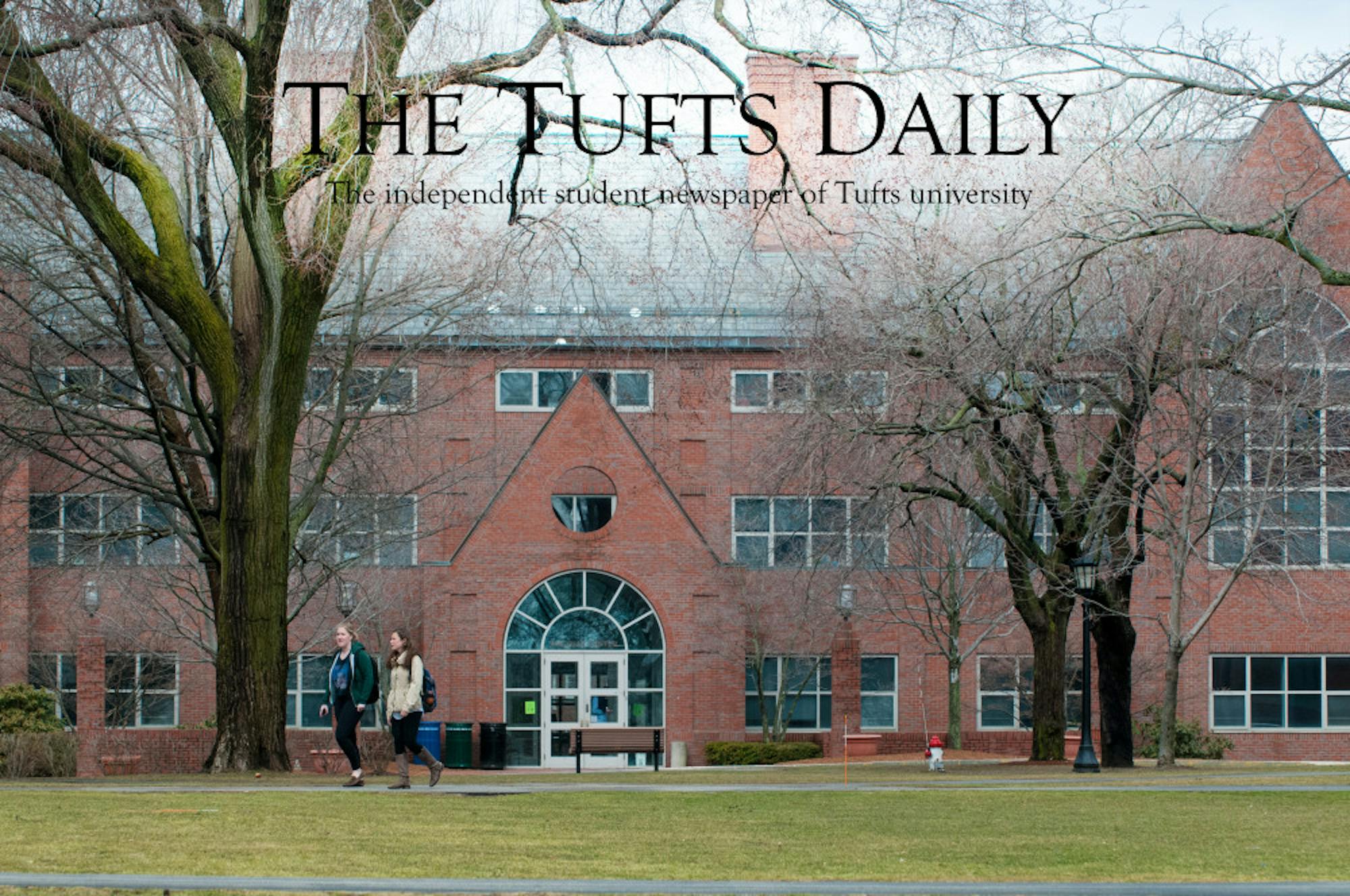After years of threats that the next film - and then the next - would be his last, acclaimed writer and director Hayao Miyazaki has truly delivered his final masterpiece, "The Wind Rises," which is loosely based loosely on real life events.
The new film, nominated for Best Animated Feature at next month's Academy Awards, is sure to delight audiences both with its incredible visual aesthetic and philosophical perspective on war and industry.
The animated movie, dubbed into English for release in the United States, tells the (fictionalized) story of Jiro Horikoshi (voiced by Joseph Gordon-Levitt), a Japanese plane engineer during World War II. Nearsighted and unable to become a pilot, young Jiro dreams of designing "beautiful airplanes" - a goal that is realized when he joins an engineering company and is instantly recognized for his passion and talent in the field. The narrative switches often between Jiro's real life experiences and the world of his dreams where he is able to speak with his mentor and inspiration, famous Italian plane designer Gianni Caproni (Stanley Tucci). While working to turn his designs into real machines, Jiro meets and falls in love with Nahoko (Emily Blunt). From there, the story simultaneously develops into a captivating biography of an enigmatic young man and an epic love story set in an era of war and economic depression.
Miyazaki, owner of the now-prominent Studio Ghibli, is famous for his beautiful pastoral scenes and meticulous animation style, as seen in "Howl's Moving Castle" (2004) and "Spirited Away" (2001). This most recent film maintains Miyazaki's high standard - it is visually stunning. Everything from the changing shadows cast on Jiro's face to the majestic shots of Japan's countryside speaks to the filmmaker's devotion to creating a beautiful work.
At certain moments, especially during a scene depicting the Great Kanto Earthquake of 1923, shots of frantic crowds may seem a little choppier and more simplified than viewers are used to seeing in Studio Ghibli films. This, however, is no real fault of the movie itself but rather a result of the translation to the big screen, where small, precise details are less defined.
The screenplay, too, benefits from Miyazaki's mastery, proving to be both streamlined and profound. The touching love story between Jiro and Nahoko is the emotional core of the film. Though the tale is sentimental, round characters keep the dramatic relationship from souring into schmaltziness. The film simultaneously retains a more serious perspective by constantly tying the character's political and economic environment into the otherwise personal story of one man.
Indeed, in many ways the film functions as a critique of industrialization in Japan during a time when more of the nation's resources were devoted to catching up with leading industries than feeding the poor masses. The hard transition from the agricultural to the industrial age seems to be embodied in the planes themselves. While his engineering firm strives to catch up with other nations by building metal instead of wooden planes, Jiro resists the pressure to create these "full-metal ducklings," relying instead on nature (namely, fish bones) to inspire his designs. As the title suggests, it is often forces of nature - not war and industry - that drive the characters to their greatest heights.
"The Wind Rises" also boasts an evocative auditory experience. This not only includes Joe Hisaishi's beautiful score or the film's bittersweet theme song, "Hikoki Gumo," but also has creative sound effects, especially during the earthquake scene. The groans of the earth as Tokyo comes apart powerfully demonstrate the horror of the natural disaster.
Moreover, with stars such as Elijah Wood and Darren Criss voicing minor characters, the viewer is never disappointed with the talent (even if the dubbing inevitably is a little bit off at times). Martin Short, who provides the voice of Jiro's tough-love boss, and Gordon-Levitt do an exceptional job of delivering the script, with Gordon-Levitt utilizing a subdued but expressive tone that very much recalls Christian Bale's performance in "Howl's Moving Castle."12






